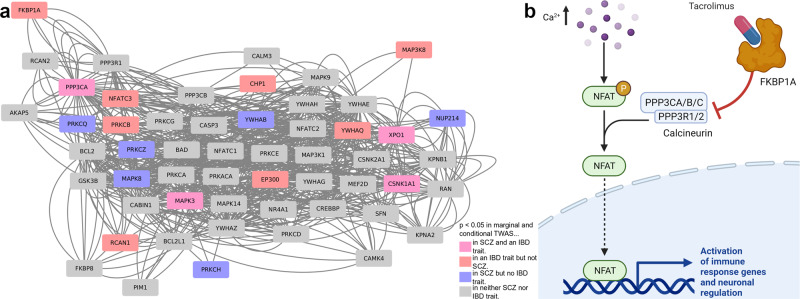Fig. 5. Calcineurin-dependent NFAT signaling as shared signaling pathway for IBD and SCZ.
a 18 gene-disease associations with suggestive significance (PGBJ conditional < 0.05; i.e., after multiple-gene-conditioned fine-mapping analysis) are enriched in the “calcineurin-dependent NFAT signaling in leukocytes” pathway (comprising 55 genes; Methods), showing genetically altered gene expression for SCZ, CD, or UC compared to healthy controls. PPP3CA encodes the catalytic subunit calcineurin A; FKBP1A (also known as FKBP12) encodes a cis-trans prolyl isomerase that binds the immunosuppressant FK506 (tacrolimus). b The calcineurin inhibitor tacrolimus, used against various inflammatory diseases and as an immunosuppressant in organ-transplanted PSC-IBD patients, prevents NFAT signaling by binding to FKBP1A and causes inhibition of calcineurin. The reduced genetic expression of PPP3CA that we identified in intestinal and brain tissues causes an increased risk of SCZ and CD (Table 2). Raw data of this figure can be found in Supplementary Data 18.

